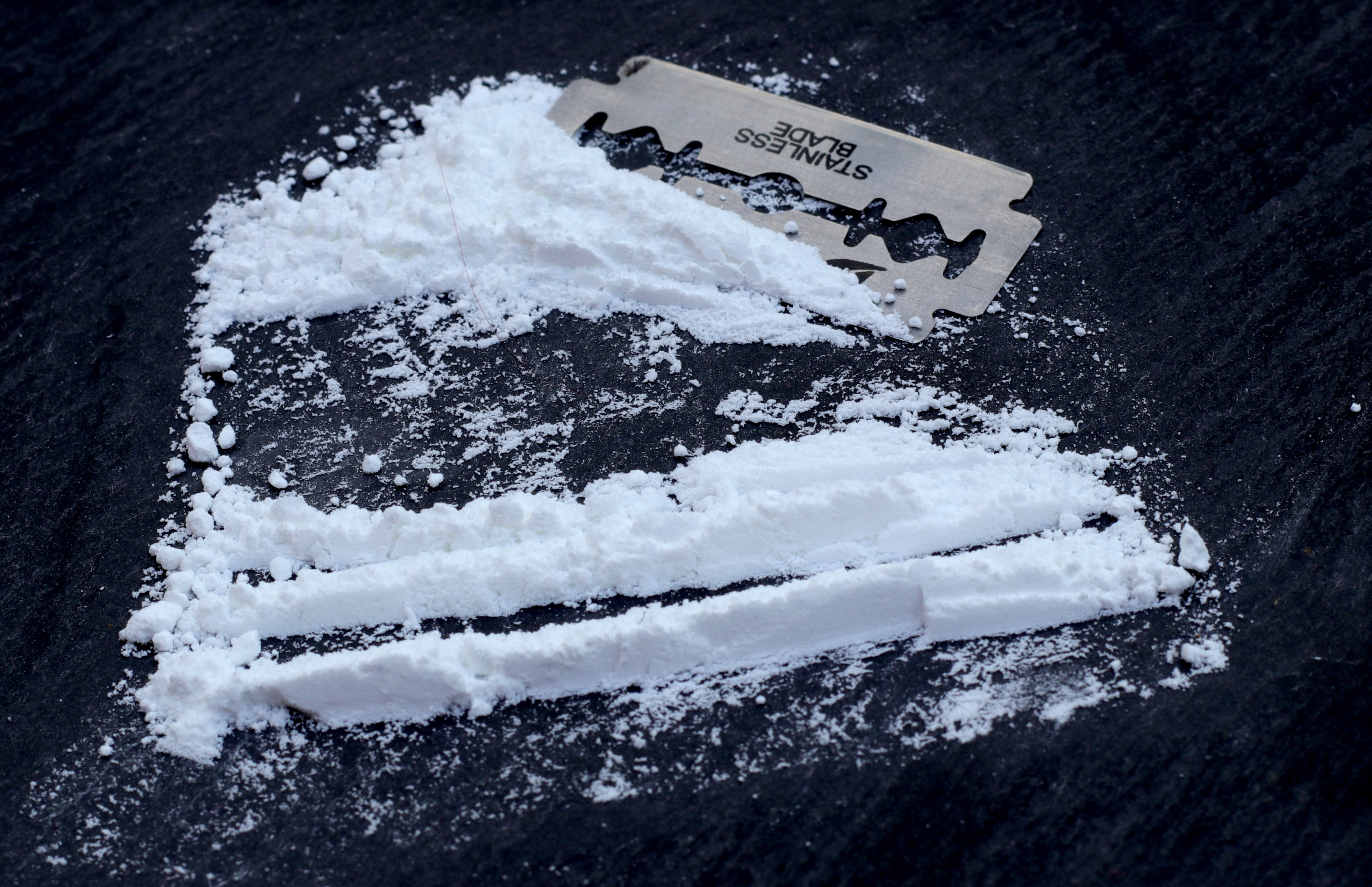New research from the University at Buffalo suggests that non-traditional social strategies, which can include so-called “guilty pleasures,” are just as effective at fulfilling critical social needs as family connections, romantic relationships or strong social support systems. The findings are particularly relevant during the COVID-19 pandemic as people struggle with direct social connections stunted by...
Author: sp (sp )
Scientists Discover New Features of Molecular Elevator
Biophysicists from the Moscow Institute of Physics and Technology and the University of Groningen in the Netherlands have visualized a nearly complete transport cycle of the mammalian glutamate transporter homologue from archaea. They confirmed that the transport mechanism resembles that of an elevator: A “door” opens, ions and substrate molecules come in, the door closes,...
Police Training Reduced Complaints and Use of Force Against Civilians
A Northwestern University evaluation of a procedural justice training program involving more than 8,000 Chicago Police Department (CPD) officers shows it reduced complaints filed against police by approximately 10%. It also reduced use of force by 6% in the two years following officers’ training. “The CPD is undergoing significant reform on multiple fronts, through a...
Neolithic Genomes from Modern-Day Switzerland Indicate Parallel Ancient Societies
Genetic research throughout Europe shows evidence of drastic population changes near the end of the Neolithic period, as shown by the arrival of ancestry related to pastoralists from the Pontic-Caspian steppe. But the timing of this change and the arrival and mixture process of these peoples, particularly in Central Europe, is little understood. In a...
Interventions Boost Abstinence, Condom Use for Black Teens
Sexual health interventions are effective at increasing both abstinence and condom use in Black adolescents, according to research from North Carolina State University evaluating dozens of studies on interventions and outcomes in Black youth. The new paper, published in JAMA Pediatrics, draws on data from 29 studies that reported on a total of 11,918 Black adolescents....
Early Exposure to Cannabis Boosts Young Brains’ Sensitivity to Cocaine, Rodent Study Finds
Cannabis use makes young brains more sensitive to the first exposure to cocaine, according to a new study on rodents led by scientists at Columbia University and the University of Cagliari in Italy. By monitoring the brains of both adolescent and adult rats after giving them synthetic psychoactive cannabinoids followed by cocaine, the research team...
People May Know the Best Decision — and Not Make It
When faced with a decision, people may know which choice gives them the best chance of success, but still take the other option, a new study suggests. People may choose based on a “gut feeling”, a habit, or what worked for them last time, rather than on what they have learned will work most often,...
Stanford Study Reveals a Holistic Way to Measure the Economic Fallout from Earthquakes
When an earthquake or other natural disaster strikes, government relief agencies, insurers and other responders converge to take stock of fatalities and injuries, and to assess the extent and cost of damage to public infrastructure and personal property. But until now, such post-disaster assessment procedures have focused on the dollar value of damages to property...
What Helps Couples Weather Financial Storms
Experts have predicted that the COVID-19 pandemic will result in the worst financial crisis in the United States since the Great Depression. While the full scope of the financial fallout remains to be seen, furloughs, job losses and pay cuts resulting from the outbreak have already hit many people hard, and such financial challenges can...
Antibodies Could Provide New Treatment for OCD
Scientists at Queen Mary University of London and the University of Roehampton, London, have discovered that patients suffering from obsessive compulsive disorder (OCD) have increased levels of a protein called Immuno-moodulin (Imood) in their lymphocytes, a type of immune cell. Mice with high levels of this protein were also found to exhibit behaviours that are...









/cdn.vox-cdn.com/uploads/chorus_image/image/64722636/GettyImages_1161867524.7.jpg)
/Illo_OCD-27724f7986084161a044194d12e99cf2.png)